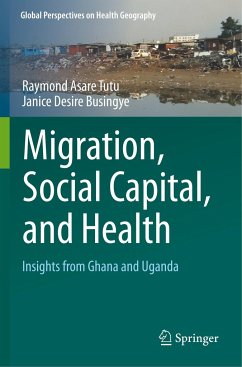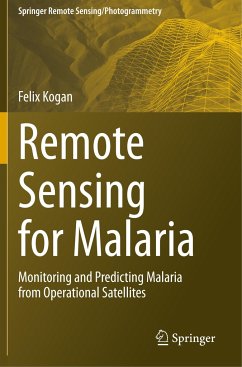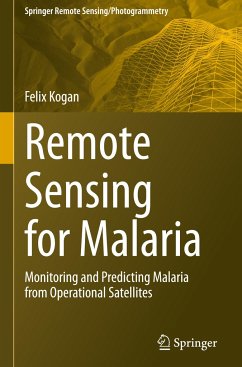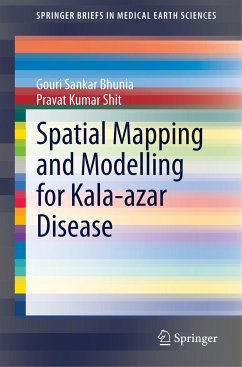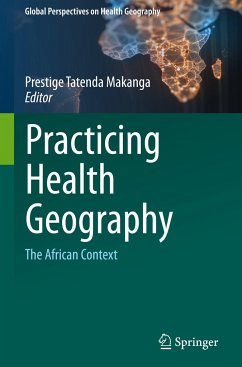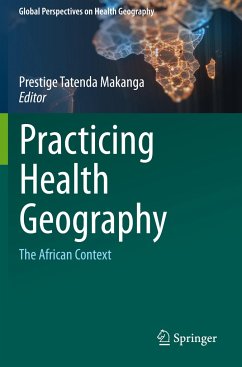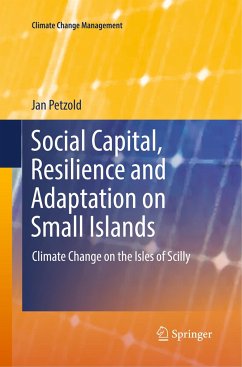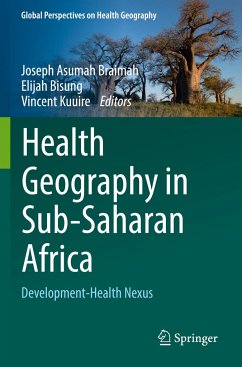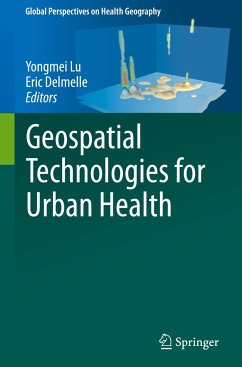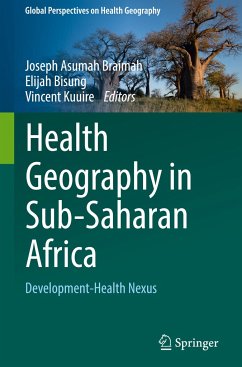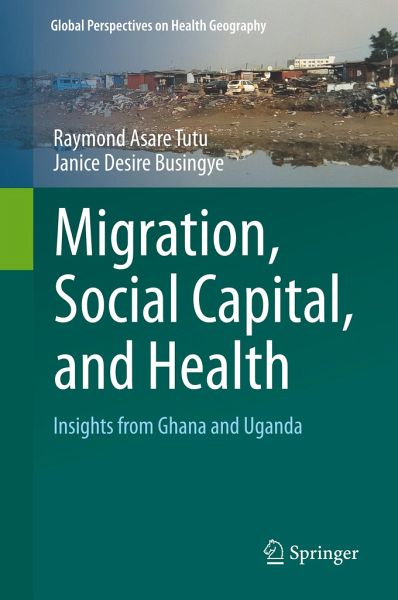
Migration, Social Capital, and Health
Insights from Ghana and Uganda
Versandkostenfrei!
Versandfertig in 6-10 Tagen
76,99 €
inkl. MwSt.
Weitere Ausgaben:

PAYBACK Punkte
38 °P sammeln!
This book brings readers the first scientific publication, using a mixed-method approach, on the internal migration dynamics regarding disease ecologies of informality and the interactions between social capital, lifestyles, health literacy, and health outcomes in the context of informal settlements in two developing countries - Ghana and Uganda. Through the prism of the concepts of place and scale, the book demonstrates the myriad of ways by which place or context directly and indirectly influence migrant's health knowledge, literacy, and outcomes in poor urban slums. Readers will learn about...
This book brings readers the first scientific publication, using a mixed-method approach, on the internal migration dynamics regarding disease ecologies of informality and the interactions between social capital, lifestyles, health literacy, and health outcomes in the context of informal settlements in two developing countries - Ghana and Uganda. Through the prism of the concepts of place and scale, the book demonstrates the myriad of ways by which place or context directly and indirectly influence migrant's health knowledge, literacy, and outcomes in poor urban slums. Readers will learn about the multi-faceted linkages between social capital, acculturation, and health in places of deprivation via quantitative methods (e.g. surveys) and qualitative methods such as focus group discussions, in-depth interviews, concept mapping, and body health mapping.
Chapters 1-2 provide an overview of internal migration into urban slums of Ghana and Uganda, and discuss the intersections between migration, social capital, and health in a global context. Chapters 3-7 address disease patterns, environmental risks to health, health literacy of migrants, social capital and acculturation, and social capital and health. The book will be of interest to professors and students, as well as policy makers in low to middle income countries for planning targeted interventions.
Chapters 1-2 provide an overview of internal migration into urban slums of Ghana and Uganda, and discuss the intersections between migration, social capital, and health in a global context. Chapters 3-7 address disease patterns, environmental risks to health, health literacy of migrants, social capital and acculturation, and social capital and health. The book will be of interest to professors and students, as well as policy makers in low to middle income countries for planning targeted interventions.





